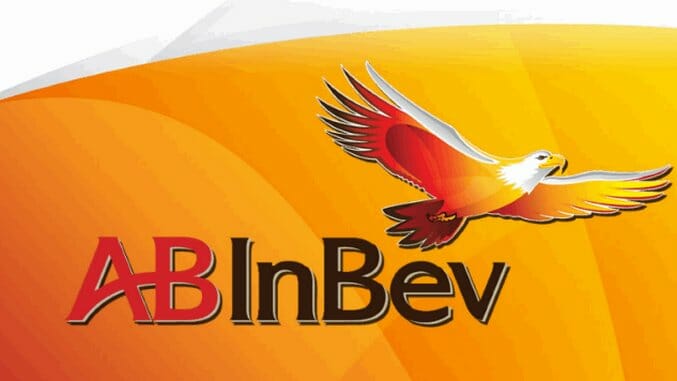Anheuser Busch and the Quest to Co-Opt “Craft” Beer

Note: This story appears in issue #2 of Paste Quarterly, which is shipping now, and can be found at select bookstores/record shops. You can purchase it here, along with its accompanying vinyl sampler.
The second great craft beer honeymoon is over. The oft-cited “bubble” may not have burst just yet, but we’re now living in a time of omens and portents. The industry as a whole has entered a period that will be described as “challenging” by the optimistic and “dangerous” by the pragmatic, with major regional craft breweries posting losses for the first time in a decade. And at least part of the cause can be traced back to the bottomless coffers of “Big Beer,” and especially Anheuser-Busch InBev.
In recent years, the tone of this story has largely revolved around brewery acquisitions. Both AB InBev and MillerCoors have made the acquisition of larger, regional craft breweries a priority. After AB InBev’s purchase of Chicago-based Goose Island started the domino cascade in 2011, they’ve since acquired the likes of Wicked Weed, Four Peaks Brewing Co., Devil’s Backbone Brewing Co., Elysian Brewing Co. and Golden Road Brewing Co., among others. MillerCoors owns Terrapin Beer Co., Saint Archer Brewing Co. and Revolver Brewing Co. And that’s not even including the “crafty” brands brewed by both corporations, such as Blue Moon and Shock Top, which are carefully calculated to put forth an artificial veneer of “craft” and hide the product’s true source. Indeed, it’s never been harder than it is right now to pick up a beer off the shelf at a package store and know whether or not it’s coming from an independent brewery, which was certainly part of the rationale in mind when the Colorado-based Brewers Association, the craft beer industry’s not-for-profit trade organization, unveiled its “independent craft beer seal” last month.
But brewery acquisitions are only the tip of the iceberg, because AB InBev’s goals have evolved. With the U.S. market share of Budweiser and Bud Light continuing to decline, and AB InBev posting its first decline in core earnings since 2004 this March, the goal is no longer to “destroy craft.” Rather, these savvy corporations want to co-opt every potentially profitable aspect of the industry, and control the conversation of what the term “craft beer” constitutes. It’s become a war not just of sales, but of ideas and marketing language.
“They’re not just purchasing breweries; they’re purchasing ways to influence as well,” says Dr. Bart Watson, Chief Economist of the previously mentioned Brewers Association. “That appears to be a conscious strategy on their part, because when the lines are blurred, they have a tremendous advantage. The differentiation that small and independent breweries have created, AB is working to erode.”
Those methods of buying influence include the fall 2016 purchase of Northern Brewer, one of the country’s biggest homebrew supply websites. The same “disruptive growth” arm of AB InBev, known as ZX Ventures, is also a partner in a beer blog from Conde Nast and Pitchfork, called October. Craft beer blogging, funded by Anheuser? Clearly no conflict of interest there! Believe it or not, the company wasn’t even content to stop there—they’ve also directly bankrolled a second beer blog called The Beer Necessities, which publishes such vital content as “The Six Beers That Made Wicked Weed Famous ,” on a website run by The High End, who are, I might remind you, the new owners of Wicked Weed. The founder’s last name, by the way, is literally “Hack,” which couldn’t possibly be any more apropos. It’s the equivalent of Paste purchasing a brewery and then immediately devoting a new section of the site to writing about what a great brewery it is. It’s an obvious and indefensible conflict of interest, targeted not at changing the minds of craft beer geeks but at challenging the importance of ownership in the minds of the “average beer drinker” by positioning it as a non-issue.